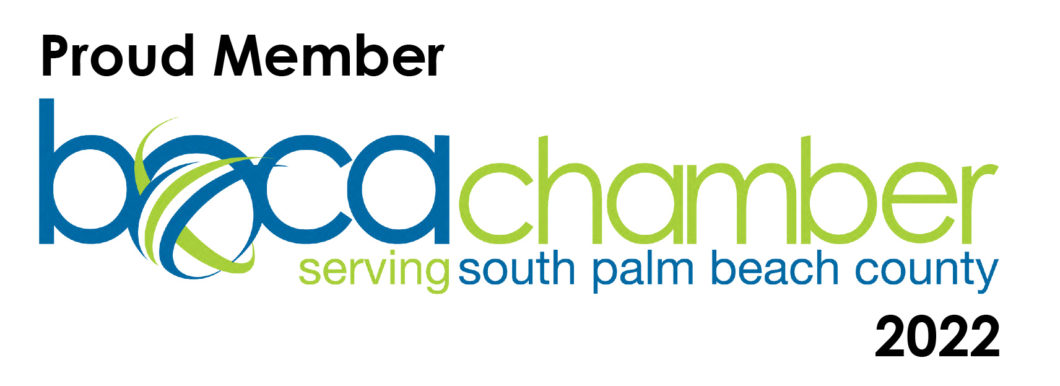Patents, copyrights, and trademarks are all types of intellectual property. Intellectual property relates to inventions, artistic work, logos, brand names, symbols, literary works, and anything that could be considered a creation of the mind.
The U.S Patent and Trademark Office (USPTO) is the agency that deals with applications for patents, copyright, and trademark licenses. The role of the USPTO is to ensure the intellectual property rights of creators by granting patents to protect inventions and registering trademarks. USPTO was established to ensure that innovation was fostered alongside economic growth.
As the influx of new businesses and entrepreneurs continues to grow, it is important for businesses of all sizes to ensure that they can navigate the complicated and ever-changing landscape of intellectual property law. This also applies to the many new online and e-commerce businesses that have emerged in the last decade. Businesses need to ensure that they retain their competitive edge in the marketplace and protect their intellectual property.
Although patents, trademarks, and copyrights all fall under the intellectual property umbrella, there are some key differences between them that you need to be aware of.
Let’s have a look at patents, copyright, and trademarks in more detail.
Patents
What is a patent?
Patents ensure that your inventions are protected by preventing anyone else from using, importing, making, or selling the invention for a certain period of time. If you are an inventor and obtain a patent for your invention it means that you now have the intellectual property right to that invention. The term of a patent is generally 20 years from the date the patent application is filed.
What right does a patent give the owner?
If you manage to obtain a patent then you are granted the right to prevent and exclude others from ‘making, using, offering for sale, or selling’ your invention. This is important for inventors because if you have spent time and money inventing a new product then you want to ensure that others cannot copy or steal your idea.
Once you obtain a patent license you become the owner of that license and the owner of that specific piece of intellectual property. The U.S Patent and Trademark Office is the organization that grants patents to inventors. The USPTO checks the invention meets their statutory criteria before they issue the license.
What are the criteria needed for the USPTO to grant a patent license?
The starting point is to check the list of what can and can’t be patented to ascertain whether your invention is patentable. Next, you will be required to do some research to see if the invention already has a patent. Your attorney will be a great resource for advising you and helping you through this stage and searching for patentability.
If you go ahead with an application for a patent, then your invention must be:
- Novel – it needs to be different and original.
- Nonobvious – it needs to have sufficient difference to what is already available on the market
- Useful – there must be an identifiable purpose
Our attorneys can help you with:
- Patentability searches
- Patent filing applications
- Patent maintenance and enforcement
- Drafting patent agreements
- Patent litigation
- Opinions on infringement
Trademarks
What is a trademark?
A trademark relates to a name, symbol, logo, phrase, or design that helps you to brand your business. Many businesses want to trademark their name and logo to differentiate themselves from other businesses and gain a competitive advantage. Trademarks owners range from individuals, corporations, partnerships, and limited liability companies.
What right does a trademark give the owner?
Obtaining a trademark means that you will have the exclusive right to use that name and logo. Once you become the registered owner of a trademark you have the exclusive right to use the trademark. The trademark protects your brand and builds an identity your target consumer can identify you with. A trademark also alerts others that your brand exists and is protected in the USA.
What are the criteria needed for the USPTO to grant a trademark?
Applying for a trademark has 4 requirements:
- You must apply for the trademark in your individual or company name. You will then have eventual control of the trademark.
- As an applicant, you will need to specify what entity you are (i.e., individual, corporation, partnership) and your citizenship.
- The application must relate to something that is in use in commerce or there must be an intent to use the trademark during commerce
- The application must relate to something distinctive
Our attorneys can help you with:
- Trademark searches
- Trademark applications
- Trademark maintenance and enforcement
- Domain name disputes
- Trademark litigation
- Opinions on infringement
Copyrights
What is copyright?
Copyright refers to rights that creators have relating to their original artistic and literary works. Copyright can cover all kinds of works including music, paintings, books, sculptures, films, adverts, technical drawings, poetry, maps, and databases.
What right does a copyright give the owner?
Under the US Copyright Act, the owner of a copyright is given exclusive copyrights to their works. The copyright is distinguished from other rights relating to the work. For example, an author who writes a novel can own the copyright, and the reader who purchases the book receives the right to own the copy of the novel. The reader, whilst owning a copy of the book, will never own the copyright as that remains with the author. The author has the right to copy the book exclusively and can sell copies, distribute and display their copyrighted item without forfeiting their rights under the Copyright Act.
What are the criteria needed for a copyright to be granted?
There are 3 main requirements when it comes to copyright protection:
- There must be a work of authorship
- The work must be original
- The work must be fixed in a medium of expression that is tangible
Our attorneys can help you with:
- Pre-application searches and due diligence
- Registration of the copyright
- Copyright maintenance and enforcement
- Copyright litigation and disputes
- Opinions on infringement
- Licensing and transfer liabilities
Patent, copyright, and trademark law can be complex and difficult to navigate. Our experienced intellectual property attorneys will not only help, advise, and guide you through the process of protecting your intellectual property rights, but they will also ensure that you are successful in your applications for registration. Hiring the right attorney will help you to manage your intellectual property portfolio, giving you the peace of mind you need to work on your business.
Call our experienced attorneys today at (561) 207-2018 for a free and confidential consultation. Alternatively, email us at info@lubliner-law.com.

 Patents, Copyrights, and Trademarks
Patents, Copyrights, and Trademarks 



